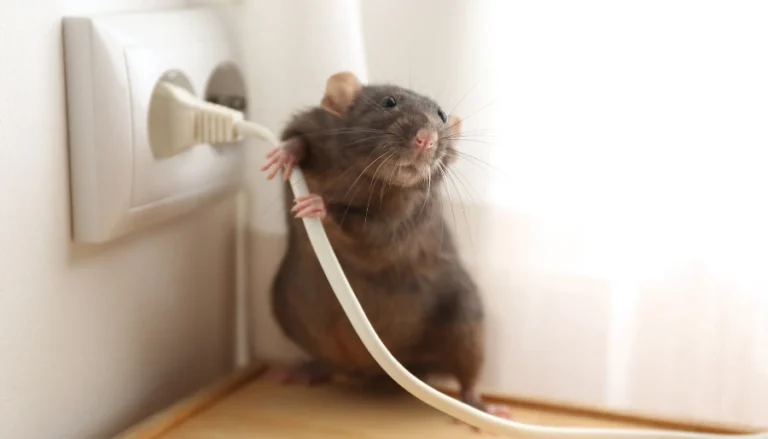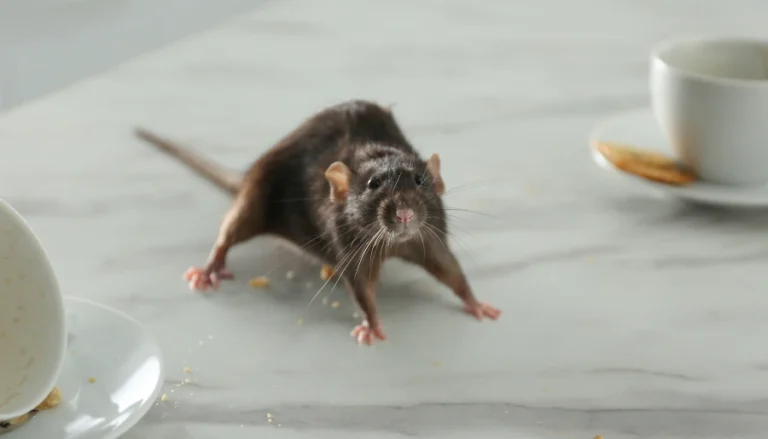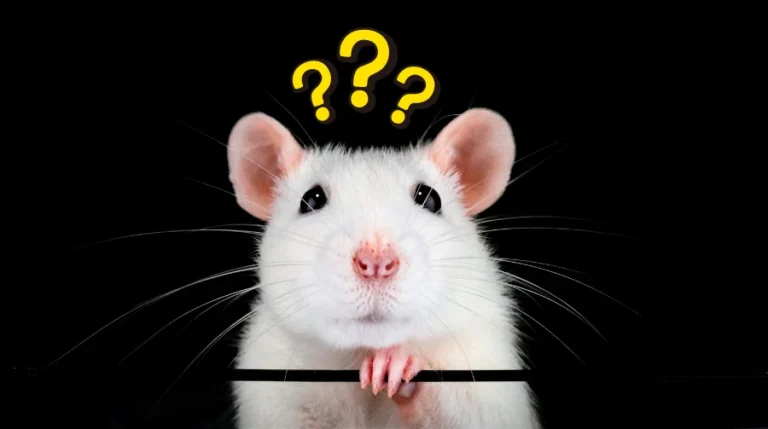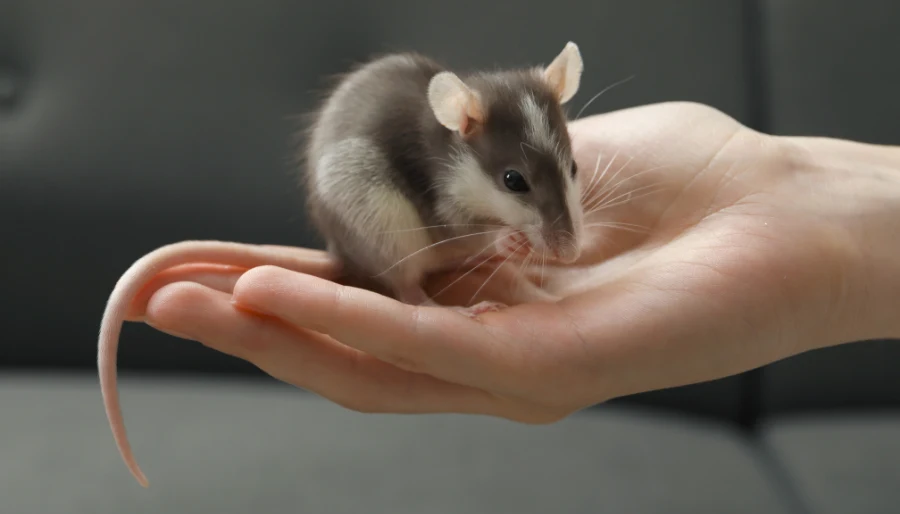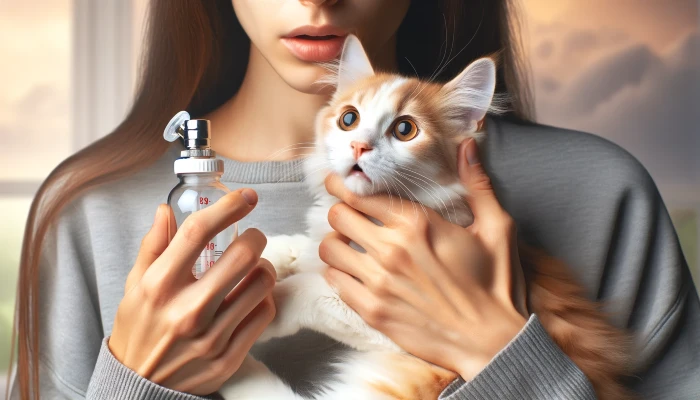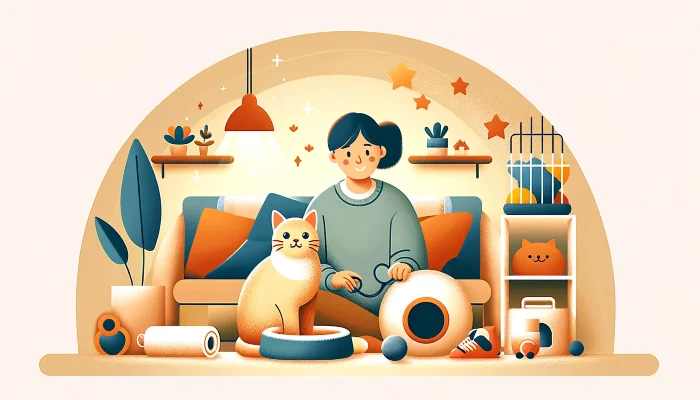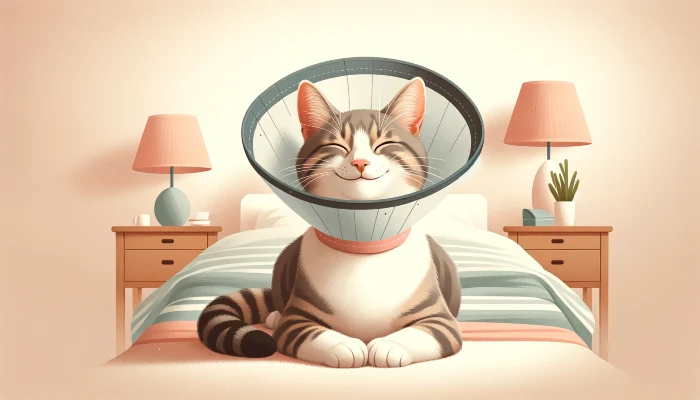In many parts of the country, animal shelters are bursting at the seams, and it’s not because they’re having a blowout sale on kitties and puppies.
The grim reality is that overpopulation is a severe concern, leading to many animals without homes and tragically, many being euthanized due to lack of space. But overpopulation isn’t the only reason to consider spaying and neutering; there are significant health benefits too.
The Overpopulation Crisis
Animal overpopulation isn’t a new problem, but it’s an escalating one. With thousands of animals entering shelters annually and not enough homes to take them, spaying and neutering have become crucial tools in managing this crisis.
It’s simple math; fewer litters mean fewer animals without homes.
Health Benefits: More Than Just Birth Control
Beyond population control, spaying and neutering can provide substantial health benefits. For females, spaying removes the risk of uterine infections and can prevent breast tumors, which can be malignant in about 50% of dogs and 90% of cats.
On the other hand, neutering male pets removes the risk of testicular cancer and can prevent some prostate problems.

Cultural Mindsets and Misconceptions
Ah, humans. We have a knack for projecting our beliefs and cultural norms onto our pets. Some men might wince at the idea of neutering their male dog, associating it with taking away their pet’s “manhood”. And there’s the old adage that a female pet should experience motherhood at least once.
But here’s the thing: pets don’t daydream about parenthood or boast about their progeny. They’re driven by biology, not the desire for a family portrait with a litter of mini-me’s.
Moreover, pets don’t seek intimacy for pleasure. Their drive to reproduce is purely instinctual and not tied to emotions or social constructs.
When we humanize our pets and impose our cultural mindsets on them, we sometimes make decisions that aren’t in their best interest.
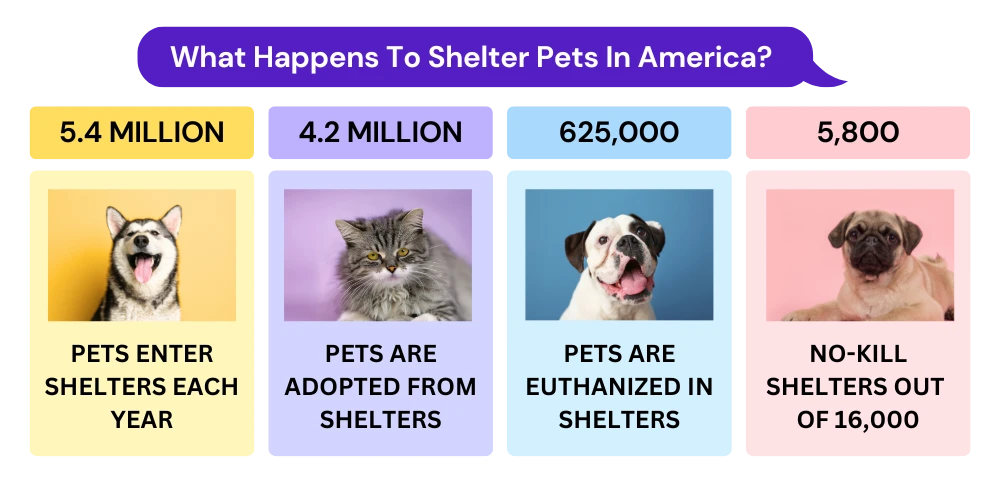
The Real Science
Pets don’t sit around, pining for the puppies or kittens they’ll never have. They’re far more concerned with their next meal or that squirrel darting across the yard. When spayed or neutered, most animals lead healthier, longer lives without the risks and stresses of reproduction.
Addressing the Economic Impact
The cost of spaying or neutering a pet is far less than the cost of raising puppies or kittens for a year.
Moreover, the societal costs of managing overpopulated animal shelters are astronomical. These costs include feeding, housing, medical care, and, unfortunately, euthanization. By spaying or neutering your pet, you’re essentially contributing to a more economical solution for the community.
The Behavioral Boon
Let’s address the elephant in the room, or should we say the hyperactive dog or the midnight yowling cat.
Pets that aren’t spayed or neutered tend to have more behavioral issues.
For instance, unneutered dogs are often more aggressive and might mark their territory right on your favorite couch.
Cats in heat can become a nightly serenade you didn’t sign up for.
Spaying and neutering can reduce these behaviors, ensuring that your pet remains a beloved part of the family, not a nocturnal vocalist or a couch artist.
Public Perception and Responsibility
It’s not just about the individual choice of pet owners. The decision to spay or neuter reflects a broader societal responsibility. As responsible pet owners, we can set an example, debunk myths, and advocate for the well-being of all pets.
If your neighbor or friend is on the fence about this, share some coffee and facts; it might just lead to fewer unexpected furry grandchildren down the road.
In conclusion, spaying and neutering aren’t just about preventing unwanted litters. It’s about promoting longer, healthier lives for our pets and addressing a growing overpopulation crisis.
So, the next time someone suggests that neutering little Buddy might “take away his manhood,” remember the real reasons behind the procedure. After all, Buddy is far more concerned with that tennis ball than any abstract human notion of legacy.










